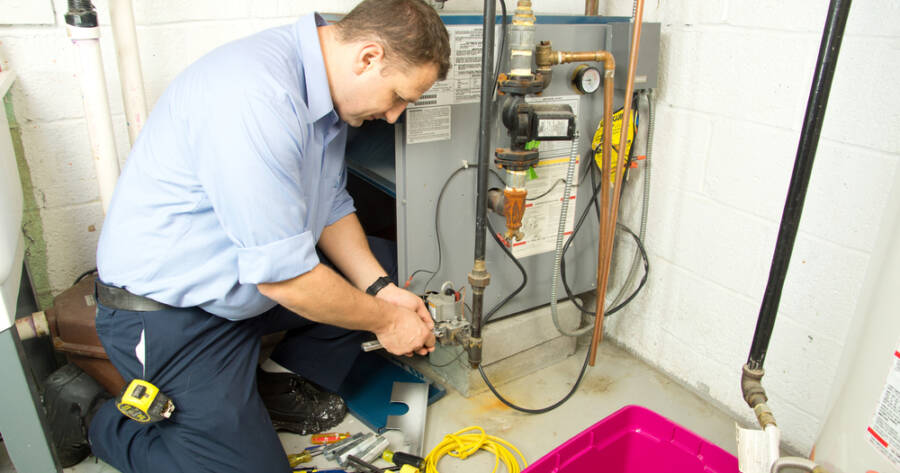As winter approaches, preparing your furnace is essential for maintaining comfort and avoiding breakdowns. Key tasks such as replacing air filters, upgrading thermostats, and professional inspections enhance efficiency and safety. Proactive maintenance not only keeps the system running efficiently but also extends its lifespan, ensuring warmth during the coldest months.
Steps to Prepare Your Furnace for Winter
As the chilly months approach, ensuring your furnace is prepared for winter is crucial. Efficient furnace maintenance not only sustains comfort inside your home but also prevents unexpected breakdowns during cold weather.
While it might seem daunting, setting a straightforward maintenance plan can address common issues before they escalate. Essential tasks include replacing air filters, upgrading thermostats, and inspecting for hidden problems.
Regular Maintenance Tasks
One of the simplest yet most vital maintenance tasks is regularly replacing air filters. It’s recommended to inspect filters monthly and replace them at least every three months to ensure optimum furnace performance.
Over time, air ducts also accumulate dust and debris, which can hinder system efficiency. Hiring professionals for duct cleaning ensures a thorough removal of contaminants, promoting better airflow and heating efficiency.
Smart Thermostats and Inspections
Beyond basic maintenance, upgrading to a programmable or smart thermostat offers greater control over your home’s heating, boosting energy efficiency. These devices allow users to set schedules and manage temperatures remotely to conserve energy.
Equally important is scheduling a professional inspection. An annual check by certified HVAC technicians is crucial to identify potential issues, such as problems with the blower motor and heat exchanger before they escalate.
Safety Measures
Ensuring the safe operation of your furnace involves not only checking its mechanical components but also testing smoke and carbon monoxide detectors. Fire and carbon monoxide detectors play a vital role during heightened furnace usage in winter. Regularly testing these devices and replacing their batteries safeguards against unwanted incidents related to the heating system.
Avoid Potential Pitfalls
Several potential issues can arise if a furnace is not adequately prepared. Check for visual damages, such as black soot or corrosion, which might suggest system issues.
Additionally, ensure a steady blue pilot light, as flickering or yellow light may indicate obstructions or require professional attention. Also, making sure that the pilot light and circuit breaker function correctly avoids inconvenient disruptions in heating.
Preparing for Winter Efficiency
A well-prepared furnace operates efficiently and prevents many common household issues associated with heating systems. Routine maintenance, such as keeping the area around the furnace clear and ensuring unobstructed airflow, significantly contributes to system efficiency and longevity. Consider consulting HVAC specialists if uncertain about maintenance tasks; they offer comprehensive inspections and repairs to ensure reliable performance.
Why You Should Learn More About Furnace Maintenance Today
Understanding the intricacies of furnace maintenance empowers homeowners to tackle common issues while laying the groundwork for a comfortable winter. Regular upkeep emphasizes energy efficiency, enhanced safety, and longevity of heating systems.
Proactively addressing maintenance needs significantly reduces the chances of costly repairs and ensures peace of mind when temperatures fall. By learning more about furnace maintenance, homeowners can confidently manage their indoor environment and prolong the life of their HVAC systems.
